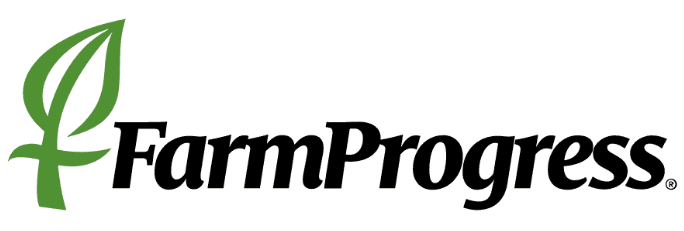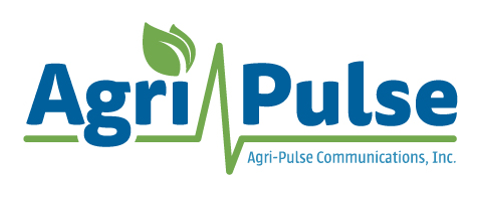News and Information Related to Sustainability in Dairy
A collection of articles relevant to dairies and their environmental impact.

One dairy’s definition of sustainability
Dairy farmer, Greg Bethard, shares how he defines sustainability in a panel discussion at the International Dairy Foods Association’s (IDFA) Dairy Forum. Shedding light on areas of economics, cow care, community, stewardship, and more, Greg emphasizes the varying meaning of sustainability between every entity.

Renewables from manure
BC Organics, a biorefinery located just outside of Green Bay, Wisconsin, offers dairy producers solutions in nutrient management that are both economically feasible and sustainable. Nearly 900,000 gallons of manure is collected daily from about 30,000 cows and is managed in the facility’s 16 anaerobic digesters. Manure is processed into dried fiber bedding, clean water, and renewable gas, of which taps directly into a nearby interstate pipeline.
Dairy cattle genomics quietly improving sustainability
Since its commercial debut in 2008, genomic testing in dairy cattle has helped dairy producers make informed breeding decisions. Not only has the science of genomics allowed farmers to produce more milk, butterfat, and protein, but also use less resources while doing so.
NY’s first dairy farm biochar kiln advances green agriculture
Spruce Haven farm, located in Union Springs, New York, is looking at a circular approach to sustainability, as it will become the state’s first commercial dairy to run separated solids from digested dairy manure through a biochar kiln. When added to soil, biochar has the potential to retain nutrients, reduce manure storage costs, sequester carbon, and reduce odors, providing both environmental and economic benefits to the farm.

Farmer buy-in key in Tillamook’s green push
With goals to reduce its greenhouse gas emissions by 30% by 2030 and reach net-zero by 2050, Tillamook County Creamery Association (TCCA) is building a culture of sustainability by supporting its farmers’ current stewardship practices and encouraging the adoption of innovative practices. The use of a multi-faceted approach in TCCA’s climate action plan for their facilities and fleet, on-farm practices, and packaging has played a key role in their sustainability efforts.

Dairy Farmers Of America Purchases First Verified Carbon Credits In Livestock Inset Marketplace
Athian (athian.ai) announced today the first sale of verified carbon credits in the groundbreaking livestock carbon insetting marketplace to Dairy Farmers of America (DFA), the largest U.S. milk marketing cooperative. DFA is proud to lead the way as the first U.S. dairy cooperative to establish a science-based target (SBT) with the goal to reduce greenhouse gas emissions across the supply chain by 30% by 2030. As part of an industry-wide collaboration on environmental sustainability through the Innovation Center for U.S. Dairy, DFA is a key contributor to the dairy industry’s commitment to become greenhouse gas neutral or better by 2025.

California unveils LCFS changes for dairy digesters, jet fuel and renewable diesel
The California Air Resources Board has drafted a regulatory proposal detailing ongoing support for dairy digesters, while setting new standards for sustainable aviation fuel and adding guardrails to protect Amazon rainforests amid an expansion of crop-based fuels.

Researchers use electricity to separate nutrients, chemicals from manure
The University of Wisconsin is conducting research on the use of electricity in separating nutrients from manure to produce a variety of nutrient and chemically-based products, such as fertilizers and disinfectants. Expected to lead to significant cost savings and additional revenue for farms, the process requires further research to assess its feasibility.

When Every Drop Counts: Dairy Farming’s Innovative Approach to Water Conservation
Dairy producers are seeking and pursuing innovative water conservation practices to overcome the challenges faced by climate change and regulations. Given that no dairy farm is identical to the next, various sustainable water management practices are implemented across farms such as center-pivot irrigation, plate-cooler systems, efficient cow-cooling, and more.

Partnering to reduce GHG emissions on Idaho dairy farms
To reach their ambitious sustainability goals of reducing greenhouse gas (GHG) emissions associated with their dairy supply by 25% by 2030, Glanbia Nutritionals has partnered with Newtrient on a $4.7M NRCS Regional Conservation Partnership Program (RCPP) grant. Focused on reducing methane emissions through manure and feed management on Idaho dairy farms, the project is set to reduce 37,500 tons of carbon dioxide equivalent.
